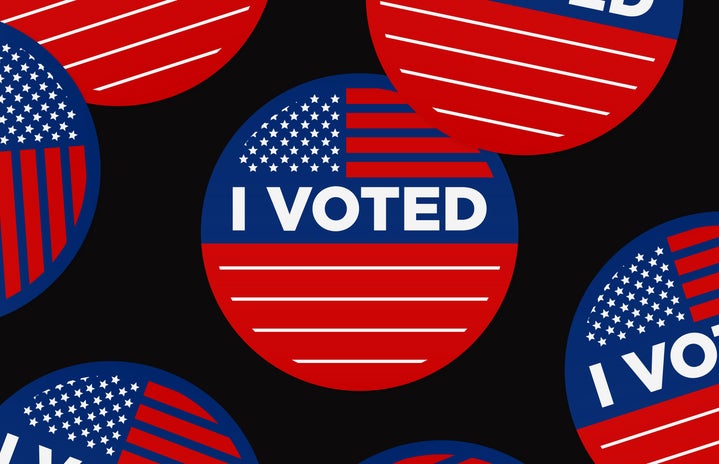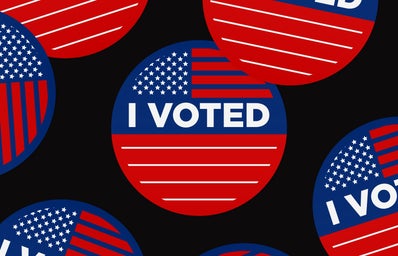If it already appears hard enough to convince your loved ones and friends to go vote for a national election, persuading them to vote in their local elections is seemingly impossible. The 2020 presidential election had the highest turnout since 1900 at about 66% of registered voters in America, with the rates on average slowly declining the more regionally specific they get.
The importance of federal elections may be augmented because discussions of them are always in the news, and their campaign budgets are way higher, so people are bombarded by presidential candidate ads the most. Not to mention, the amplified weight of the election is placed on the everyday person by candidates who campaign on the potential extreme decisions of their opponent. Yet, we don’t see this type of rallying effort put into local elections as much.
State laws have a history of setting precedents for federal and other state statutes, as they can be good testing grounds for the efficacy of certain policies. One current state policy began in Colorado and Washington influenced other state laws, and now has spread to Congress for possible national legalization is recreational marijuana. Biden’s administration recently moved to reclassify it from a Schedule I drug like heroin and LSD to Schedule III.
However, only 55.19% of the 8.3 million registered voters in Michigan casted their ballots in the 2022 governor race, whilst only 45.2% of the 15,000 registered Ingham County residents voted for their county commissioner in 2022. These local numbers have always been lower despite positions such as county commissioners overseeing the establishment of the county budget, levying taxes, registering voters, administering elections, and representing county issues on a state and federal level.
The responsibilities of your local officials affect the daily lives of people the most, as mentioned above, and in policies regarding their schools, local environment, public transportation, and affordable housing. Especially when the Supreme Court of the United States dictates that prevalent issues can be decided on a state level, with the most recent notable case being the overturning of Roe vs. Wade and the protection of abortion on a federal level in 2022.
In the 2022 midterms, Michigan joined California and Vermont in enshrining legal access to abortion. As for the upcoming 2024 election, eight states confirmed they will vote on varying levels of abortion expansion referendums on their ballots, with a potential three more to join as well.
Voting laws are also determined on a state level with 14 states enacting voter restriction laws for the 2024 election, lowering the overall freeness that defines US democratic elections. Yet, this isn’t the worst potential form of voting limitations, as the ability to even choose if you want to have a voice in these decisions is a risk.
In the 2020 election, it is well known and well supported by evidence that the then incumbent president Donald Trump and his team attempted to overthrow the results primarily by placing pressure on many local county clerk officials to throw out Biden votes or serendipitously find Trump’s.
A theorized GOP strategy for the 2024 election is to have state legislatures appoint as many pro-Trump electors as they can (right now, 70) to override the will of the voters in swing states. A method even hinted at by Donald Trump when he said at a Pennsylvania rally in July 2024, “We’ll have it fixed so good you won’t have to vote [in 2028].” He implies here that America will never have another free and fair election again.
But if Donald Trump doesn’t win re-election because attempts to overturn the election failed- you have the power to make sure the undermining of free and fair elections will never occur. The officials in charge of counting votes and appointing electors are elected by you. Don’t forget about the additional power you possess of being able to decide who from your state you want to go vote for and influence policies on the national level in Congress. Use your voice!


